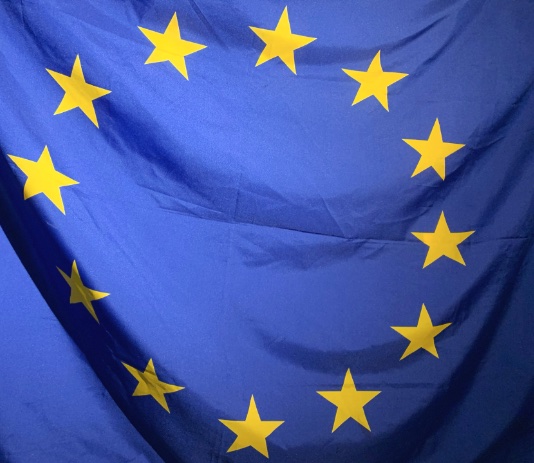by Carmine Stabile –
The route that winds between North Macedonia, Serbia, Croatia and Slovenia has been defined as the “Balkan route” and serves as the main gateway to continental Europe not only for the entry of migrants and refugees, but also for the same intra-regional flows, mainly involving those from Kosovo.
The EU has been weaving relations with the Balkan area for decades. They date back to 1999 under the Stabilization and Association Process (SAP), based on bilateral Stabilization and Association Agreements. This framework is fundamental for relations between the EU and the countries of the region, as well as the stability pact, an initiative involving all the main international players, representing a strategic framework in support of the gradual rapprochement of the countries of the Western Balkans to the European Union.
The contractual relations materialized with the Stabilization and Association Agreements (SAAs), which provide for political and economic cooperation or the creation of free trade areas with the countries concerned. On the basis of common democratic principles, human rights and the rule of law, each SAA establishes permanent cooperation structures. Signatories to the Stabilization and Association Agreement are Macedonia on 9 April 2001, Croatia on 29 October 2001, Albania on 12 June 2006, Montenegro on 15 October 2007, Serbia on 29 April 2008 and Bosnia and Herzegovina on June 16, 2008. The agreement with Kosovo following the negotiations was only reached in 2016.
In 2003 the Thessaloniki European Council reaffirmed that all SAP countries were potential candidates for EU membership. European perspective highlighted in the following EU-Western Balkans summits. The same EU which has developed a policy aimed at gradually integrating the countries of the Western Balkans into the common home, with Montenegro, Serbia, the Republic of North Macedonia and Albania lined up among the main candidates.
Today the Balkans are becoming the stage for European action in the field of foreign policy.
